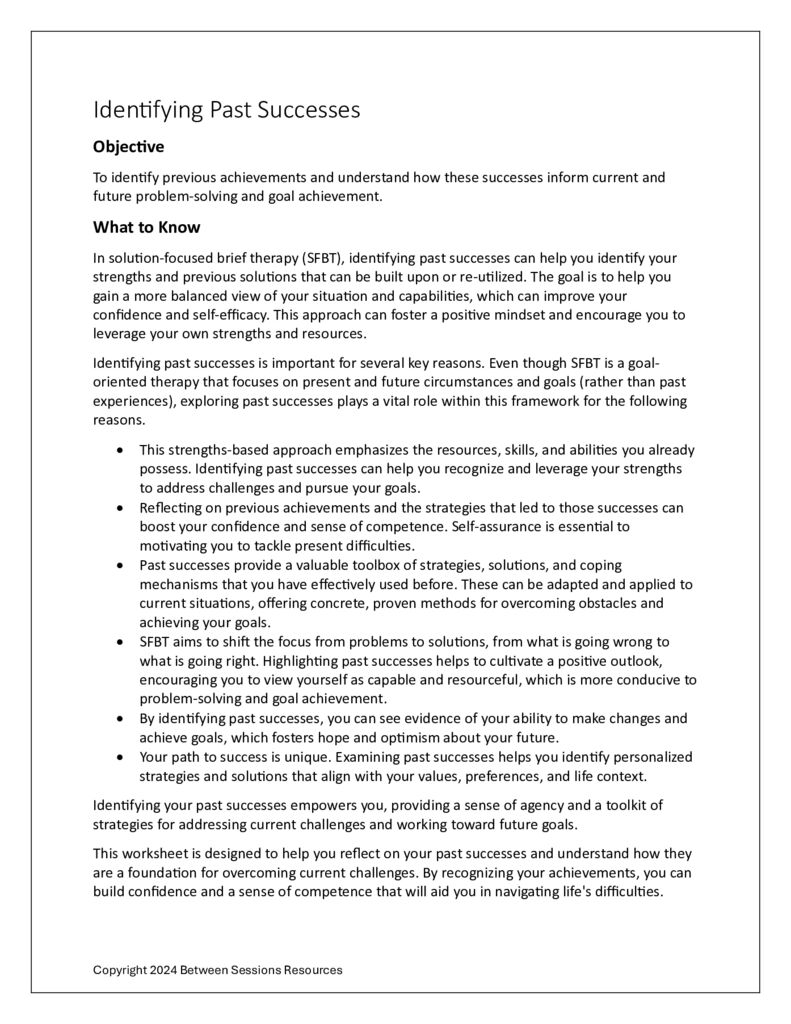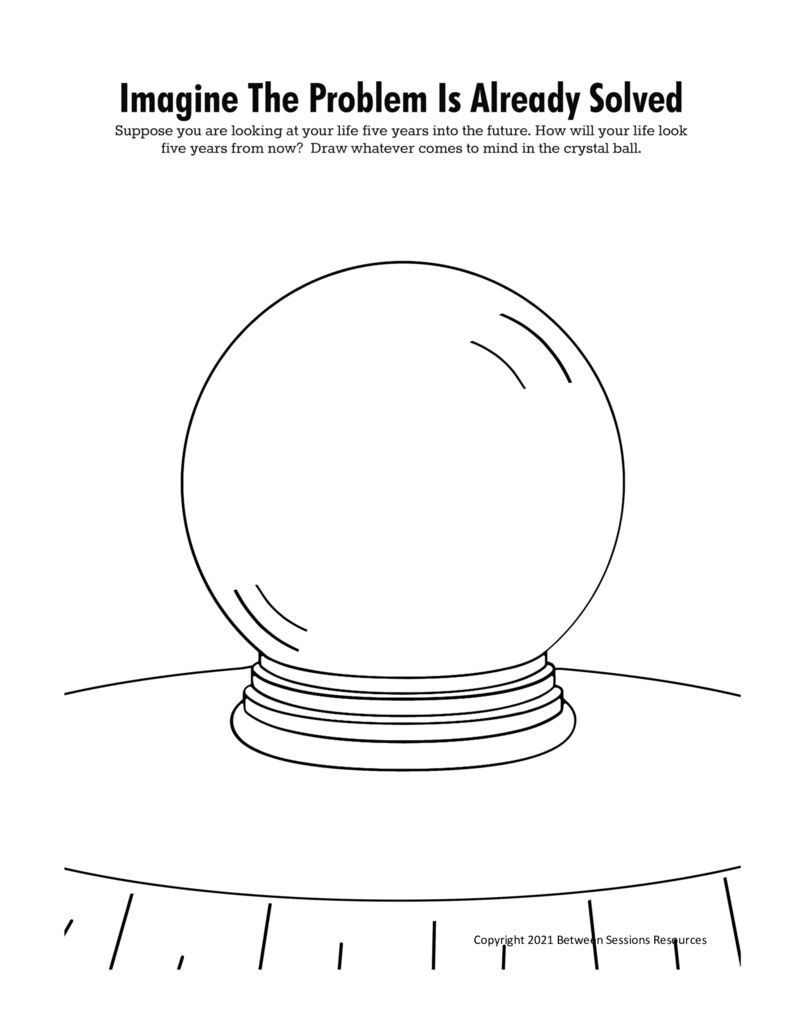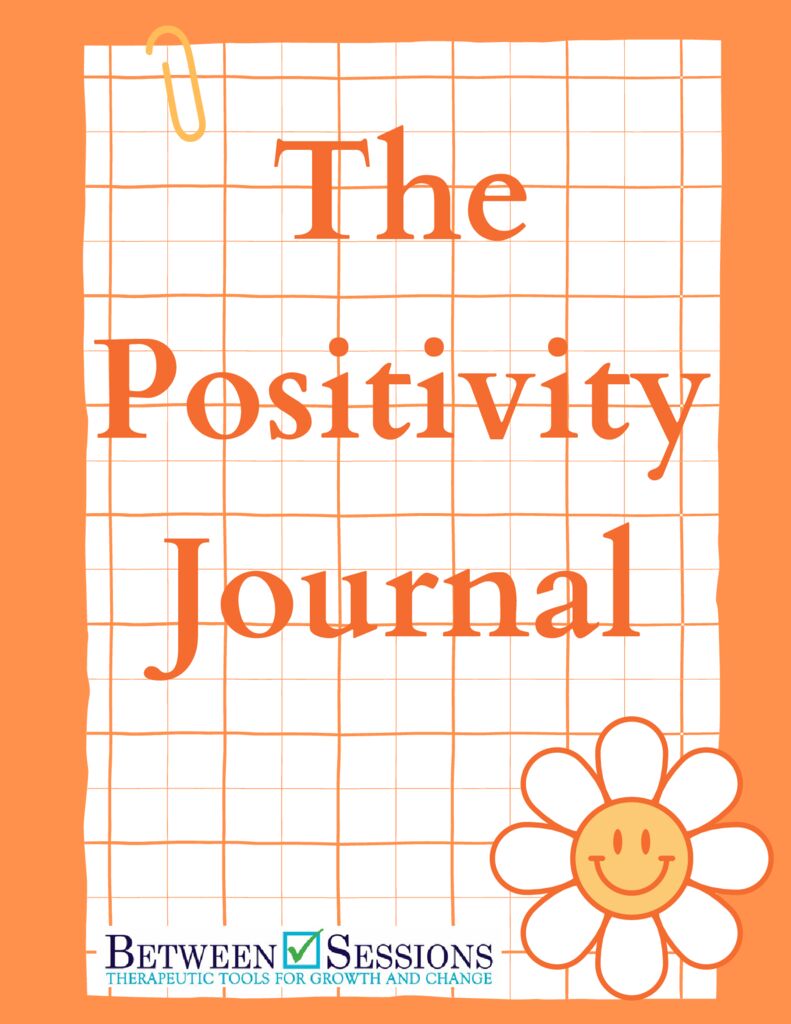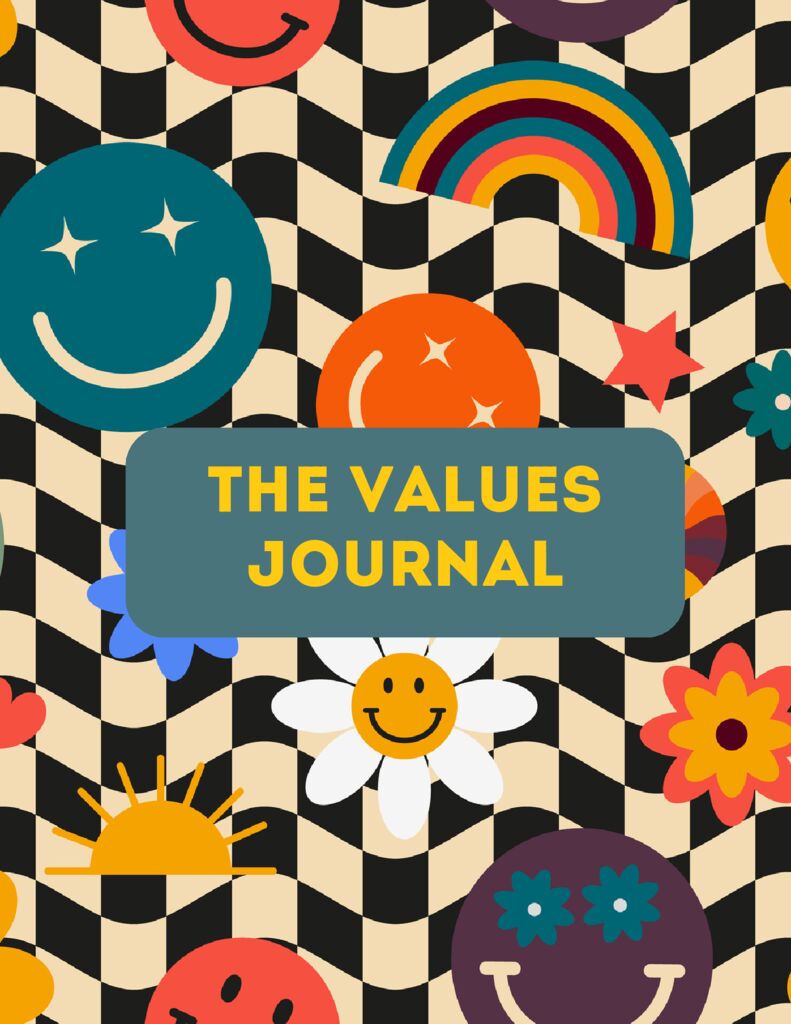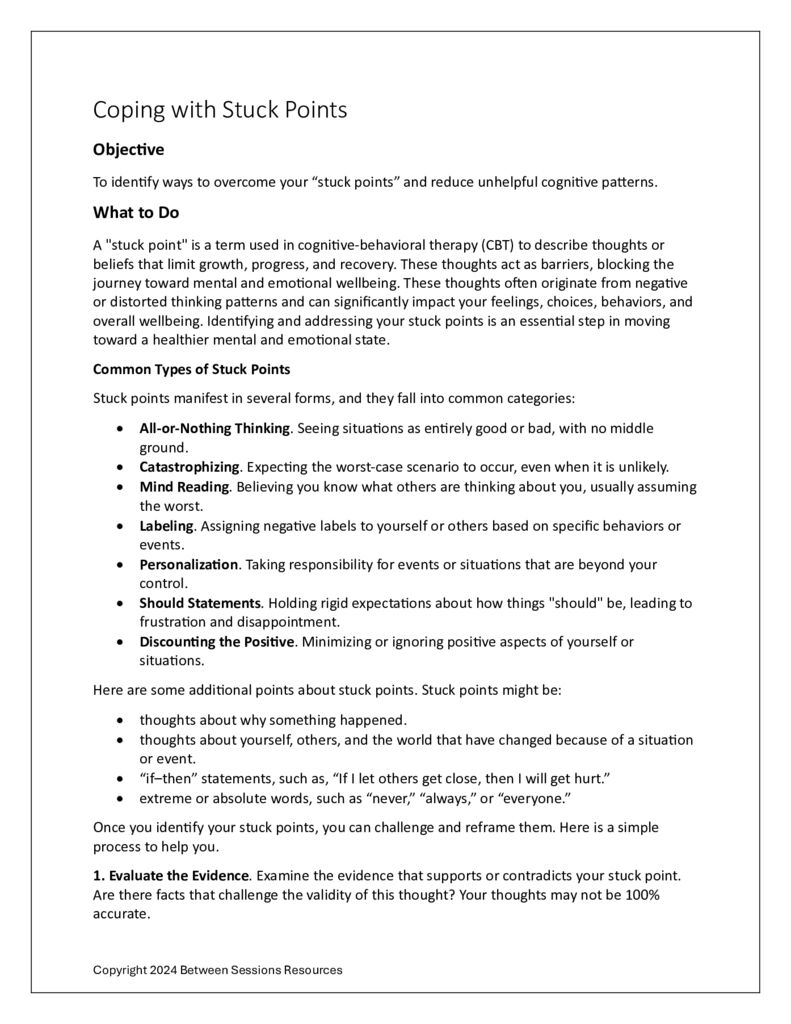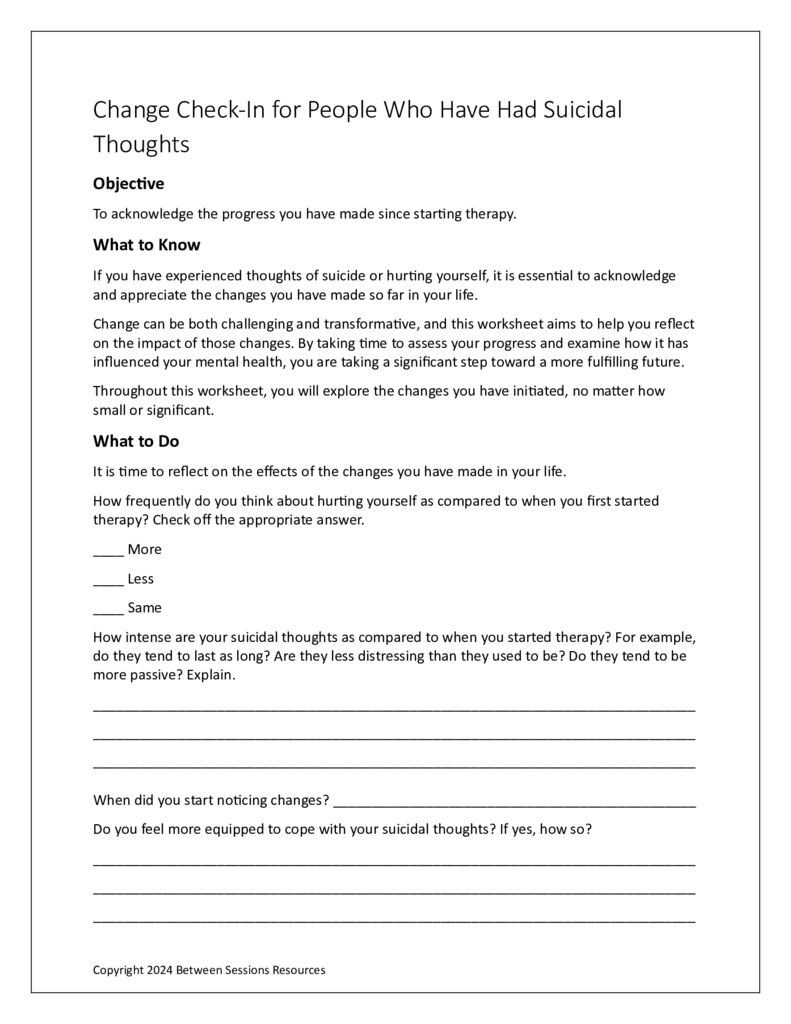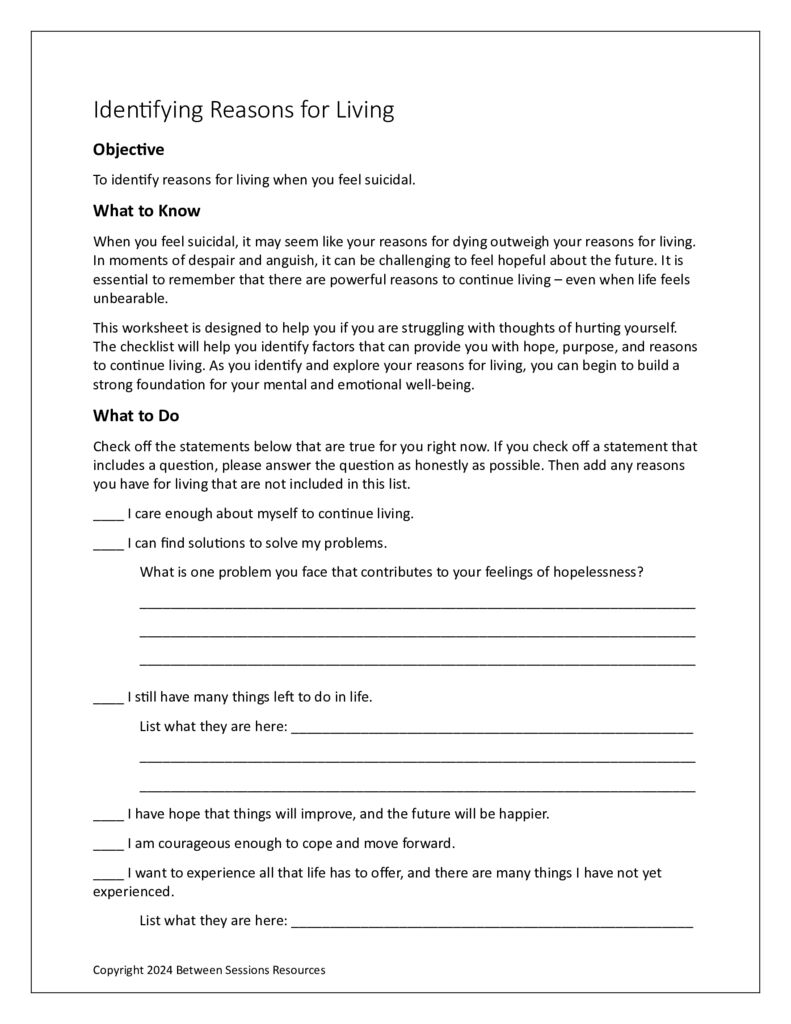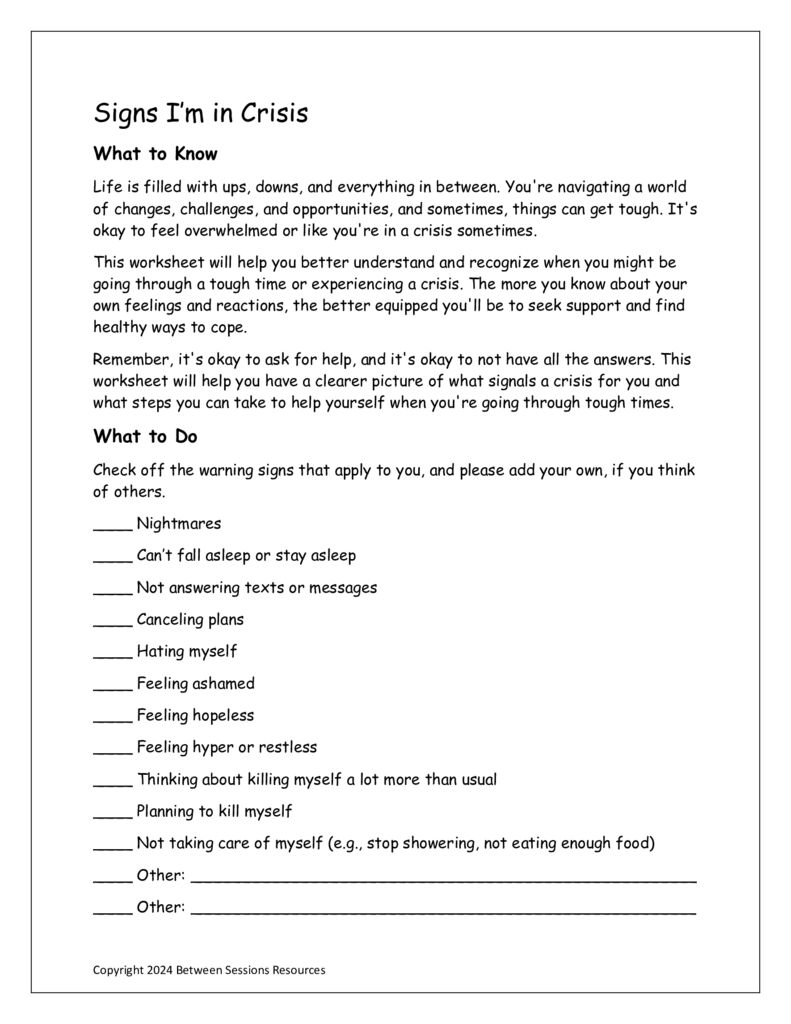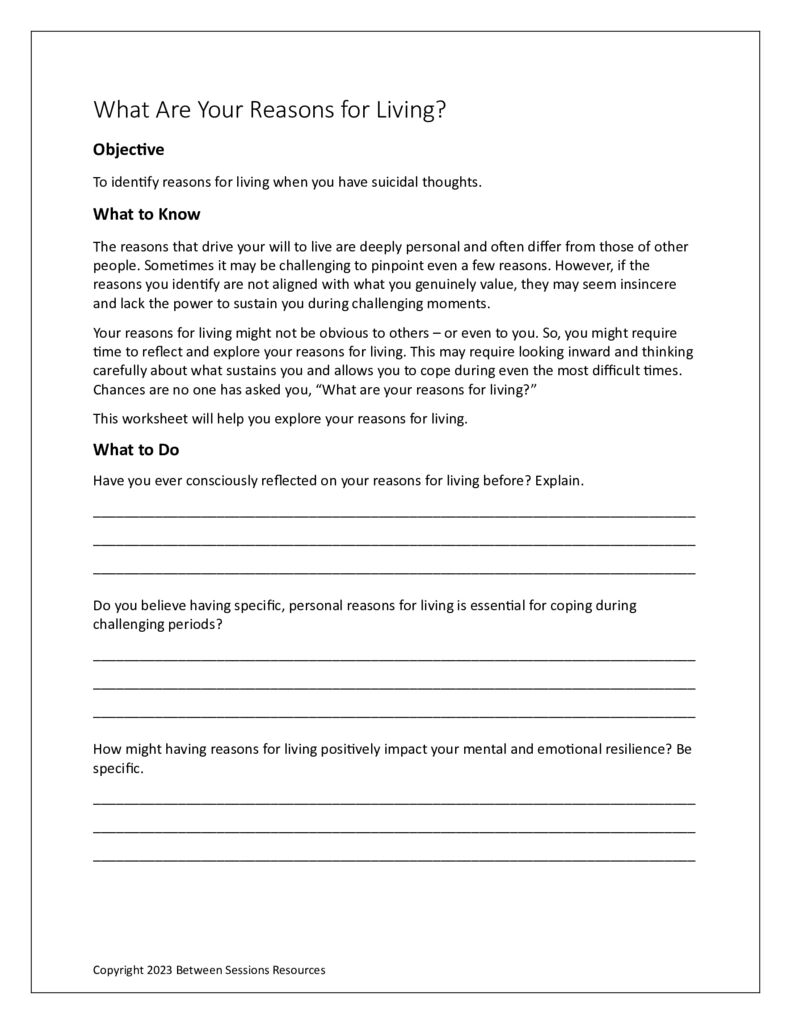This worksheet is from Solution-Focused Brief Therapy (SFBT) and is designed to help people apply strengths they have used in solving past problems to their current situations. The worksheet explains why this process can be so helpful and presents a series of questions to explore how past solutions have helped. (0324, solution-focused therapy, problem-solving, decision-making)
The Miracle Question is a powerful tool used in Solution-Focused therapy to bypass limitations and obstacles. It involves imagining an ideal future where all your problems are solved and your goals are achieved. Then, you identify the steps to make this vision a reality. This worksheet introduces the concept of the Miracle Question as it pertains to personal growth, relationships, career, health, and well-being. (0324. solution-focused, SFBT)
This Solution-Focused therapy technique asks people to think in the future about what their lives will be like if their immediate problems were solved. (0324. SFBT, solutions, art therapy,)
This journal is designed to use the principles of positive psychology to help people develop a more optimistic view of the world. The daily worksheets are designed to help people identify their mood, develop the habit of gratitude, pay attention to positive events, and work towards their goals. The Journal consists of 31 pages for a month’s worth of entries. (0224, positive psychology, daily journal, optimism, CBT).
This 60-page journal encourages people to explore their values and how they affect their day-to-day choices and behaviors. This is a great way to combine the techniques of values clarification and journaling. The journal can either be downloaded and printed out or filled out online using our Psychology Forms Filler or Virtual Counseling Rooms. (0224, journal, ACT, Acceptance and Commitment Therapy).
A “stuck point” is a term used in cognitive-behavioral therapy (CBT) to describe thoughts or beliefs that limit growth, progress, and recovery. These thoughts act as barriers, blocking the journey toward mental and emotional well-being. This worksheet explains common types of “stuck points” such as mind-reading, personalization, “should” statements, and so on. People are asked to identify their dysfunctional thinking and how it affects their emotions and behaviors. (0124. CBT. cognitive behavior therapy, irrational thoughts).
This worksheet is designed to help people who have started therapy reflect on how they have changed their thinking and behavior. (0124. suicide, suicidal ideation)
This worksheet is designed to help people struggling with thoughts of hurting themselves. It includes a checklist that will help them identify factors that can provide them with hope, purpose, and reasons to continue living. The worksheet includes questions to help people explore their reasons for living and guide them toward building a strong foundation for their emotional well-being. (0124, suicide prevention, suicidal ideation)
This worksheet is designed to help people identify signs that suggest they may be experiencing a crisis. The worksheet includes a checklist of symptoms as well as techniques that can help them deal with the acute stress. It concludes by asking people to identify friends or family who can help them get through this difficult period. (0124, depression, suicidal ideation, stress)
This worksheet is to help people who have had suicidal thoughts develop a different perspective on their lives. Questions ask people to think about their values, their goals, the people in their lives, and more. (1223, suicide prevention, suicidal ideation, depression)

